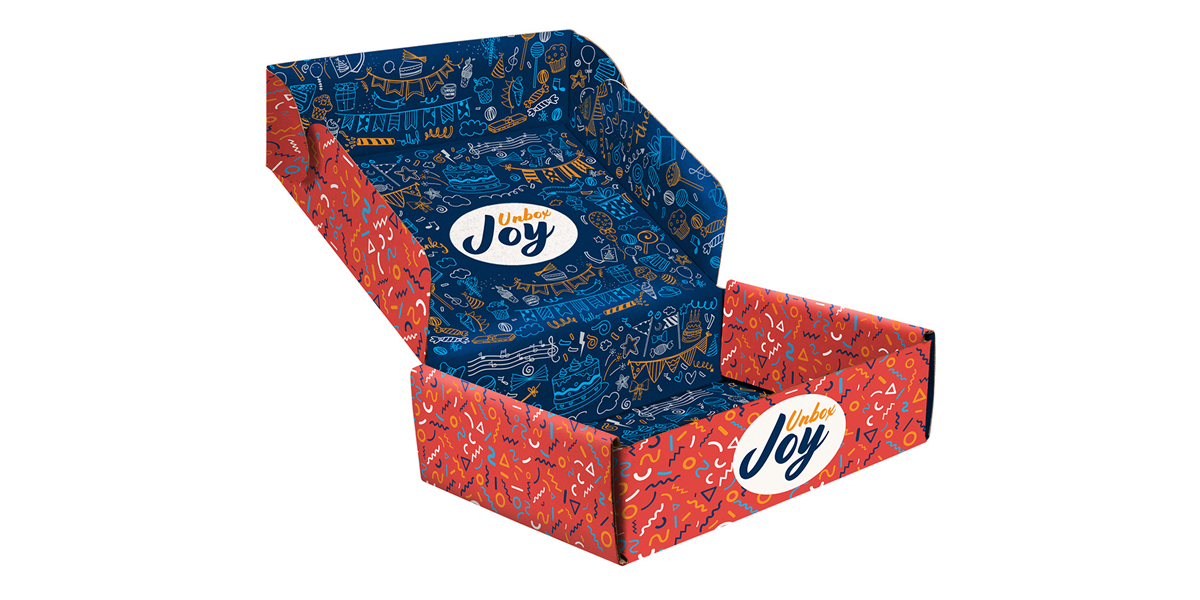
Inside the Box Printing
Two Sided Print for the Optimal Unboxing Experience
Industry experts predict the E-commerce revenues in Europe to grow. With an estimated volume of US$346,155m in 2019 and expected annual growth rates of 8.5% (CAGR 2019-2023), forecasts see a market volume of US$479,131m by 2023. One of the profiteers is the European logistics sector, having seen growth rates of 3.7% in 2018.
Sales promotions such as Black Friday and Cyber Monday, relatively new to the European market, support this development. The Christmas business does the rest. During the holiday season, Deutsche Post DHL handles up to 11 million parcels per day (from/to/within Germany), compared to an annual average of 5 million parcels.
Covid-19 Pandemic – a Driver for E-commerce?
Recently, the coronavirus has changed people's shopping behaviour significantly. Everyday products such as food, FMCG, health and pharmaceutical products have been and are increasingly being bought online. Purchases of products that are not needed for daily use, however, are being postponed. The ongoing crisis and its economic effects in the present and in the future are dampening people’s consumer mood.
E-commerce is suffering in part from this, too. After a sharp drop in sales in March (20% below the previous year’s level in Germany, for example), most providers are recovering and have seen rising figures since April. The forecast for e-commerce industries that were not able to profit directly from the lockdown is that they will stabilise slightly above their original level in the medium term and record growth rates similar to those before the pandemic.
Besides the major marketplace generalists, such as Amazon, there was one group in particular that benefited – platforms that were able to offer local retailers a new sales channel quickly and easily with simple web shops and virtual marketplaces. These local traders could now benefit from their rapid entry into e-commerce. A study from Denmark assumes that the change in online shopping behaviour due to the pandemic will have long-term effects on e-commerce. More people, even elderly consumers, have become accustomed to convenient online shopping during that time and will most probably maintain their behaviour even after the time of social distancing. Providers who have gained new customers will try to retain them by intensifying online competition. Last but not least, new distribution and logistics capacities must be used.
Trends, Technologies and SoMe
Mega trends such as globalisation, demographic change (aging society, urbanisation), new lifestyles (higher demand for convenience) and sustainability have their impact on the number of parcels sent as well as on the way those goods are packaged. In their top global packaging trends report from last year, the market intelligence agency Mintel names amongst others two interesting trends – ‘Connected Packaging’ and ‘Reinventing the Box’. The first is about adding value to physical packaging with digitally accessible content via QR codes, NFC, RFID, Bluetooth and Augmented Reality. ‘Reinventing the Box’ describes the opportunity for manufacturers to create the next generation of shelf presence outside their stores by influencing the unboxing experience. This trend answers a well-known social media phenomenon, the so-called unboxing.
Unboxing is holding up and gaining in popularity, making retailers rethink the customer experience with their brand, from the current state of walking into a brick-and-mortar store, to experiencing the brand at home unboxing the package. In addition to global and social media trends, there are packaging developments arising from the conviction that ‘products have to be professionally presented, protected and please consumer expectations’, regardless of whether it is real-time shopping or an e-commerce purchase.
The demand for sustainable solutions calls for environmentally friendly packaging. Customers no longer want to accept the huge amounts of packaging waste resulting from their e-commerce purchases. Amazon, for example, is responding to this customer demand with its frustrationfree packaging approach, using 100% recyclable material, reducing waste and avoiding transport damages.
In addition to avoiding costs due to complaints about damaged products, manufacturers and retailers also want to reduce transport costs with optimised packaging. Therefore, it is not surprising that this aligns with a trend towards corrugated boxes. Corrugated boxes can be used both as shipping and merchandising container, and since 96% of these boxes are recycled and the average box includes 50% recycled content, customers feel good about this material. New printing technologies, such as the inside the box printing, enable brand awareness to be extended beyond the outer packaging for an improved unboxing experience.
Inside Box Printing
Printing the inside box surface is named as one of five emerging trends for the printing industry and one of the hottest packaging trends of 2019. Using packaging for brand perception is not a new insight. But now brand awareness can be extended to the inside of the packaging. The brand message inside the box cannot be damaged or soiled during transport and, as it is still unexpected, creates a positive first impression. Inside the box printing can be utilised to avoid external printing of valuable or ‘delicate’ content.
BW Papersystems is supporting their customers in adopting new packaging trends such as the inside the box printing. It creates added value for box makers and their customers.
Many new and existing BW Papersystems machines can be upgraded with one or multiple inside print sections with only minimal change in the machines’ footprint. These include G-Grafix flexo folder gluers and rotary die-cutters. In North America, the trend towards inside the box printing has prevailed among BW Papersystems’ customers. Arma Container has been printing on both sides of a sheet in one pass for several years now, still seeing it as a ‘phenomenal’ marketing tool.
It supports their customers’ eCommerce strategies. Buckeye Corrugated, another BW Papersystems customer with single-pass inside print capability, states that they make ‘boring’ boxes become outstanding eye-catchers with customers at home.
The increasing requests for twosided printed boxes led Buckeye Corrugated to BW Papersystems three years ago. Buckeye had satisfied the demand by completing two passes on traditional finishing machines, but the growing demand lead to significant loss of efficiency using this method.
Therefore, Buckeye was specifically looking for an inside print capability machine. Today, of the jobs being run on Buckeye’s dual side printing line, approximately 50% are two-sided printing jobs. The machine’s remaining job orders are outside printing, allowing for maximum efficiency with their overall production plan. Overall, two-sided printing jobs account for 8-10 % of Buckeye’s production volume. The company continues to see increasing demand from its customers.
By printing inside the boxes, Buckeye’s customers aim to influence the unboxing experience of customers by providing a ‘wow’ factor; increase brand awareness in e-commerce, and improve customer loyalty.
“Our customers know about the power of graphic imagery in packaging for eCommerce distribution,” says Greg Logsdon, Managing Director at Buckeye Corrugated. “Inside the box printing will provide consumer packaged goods the ability to influence and to message consumers with a method that is both visually appealing and cost effective.”





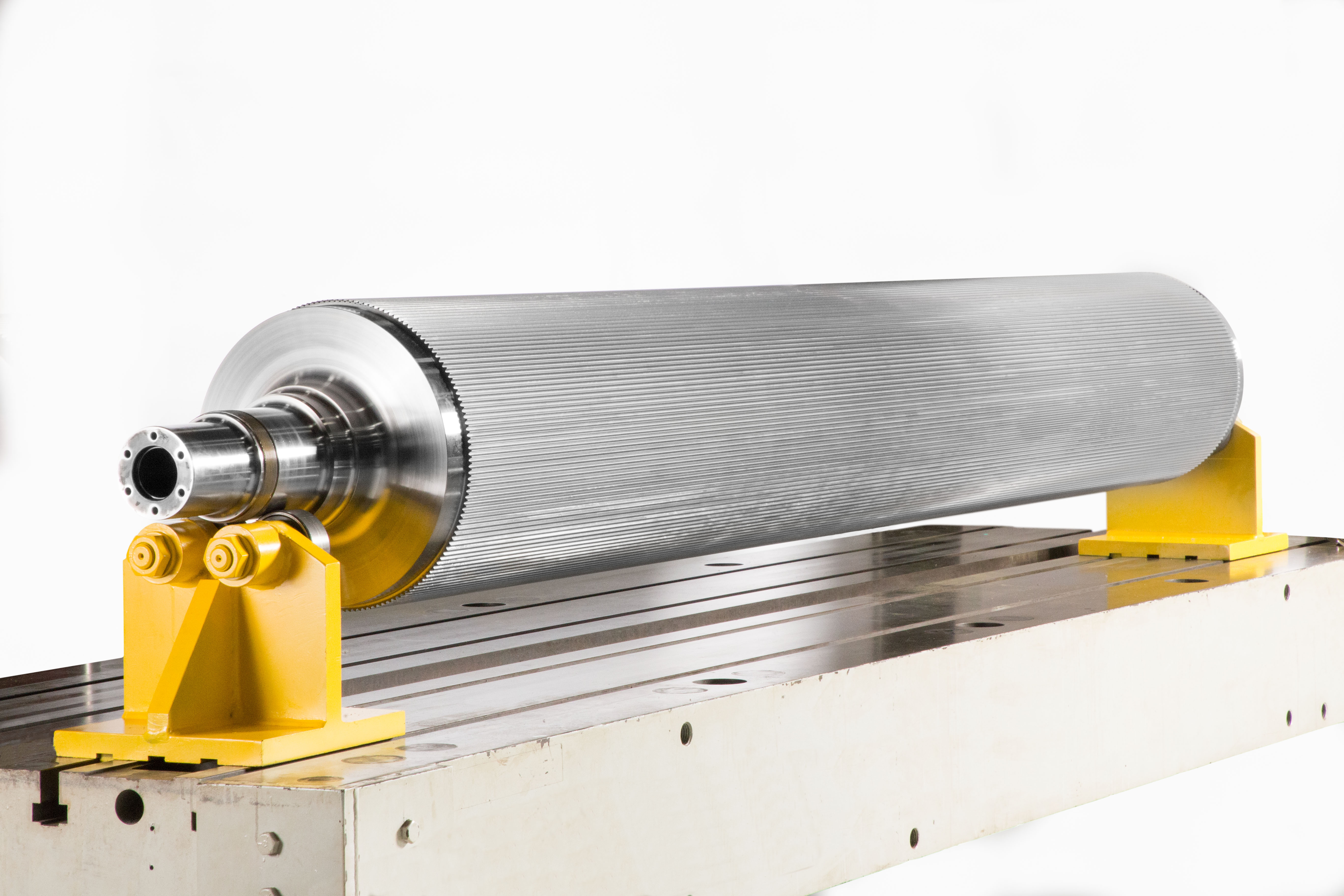
.tmb-small.webp?Culture=en&sfvrsn=d9e817f_2)

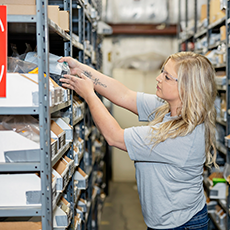

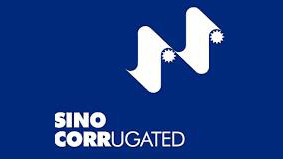
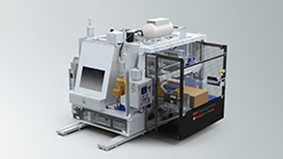


.tmb-webp.webp?Culture=en&sfvrsn=6cca827f_4)